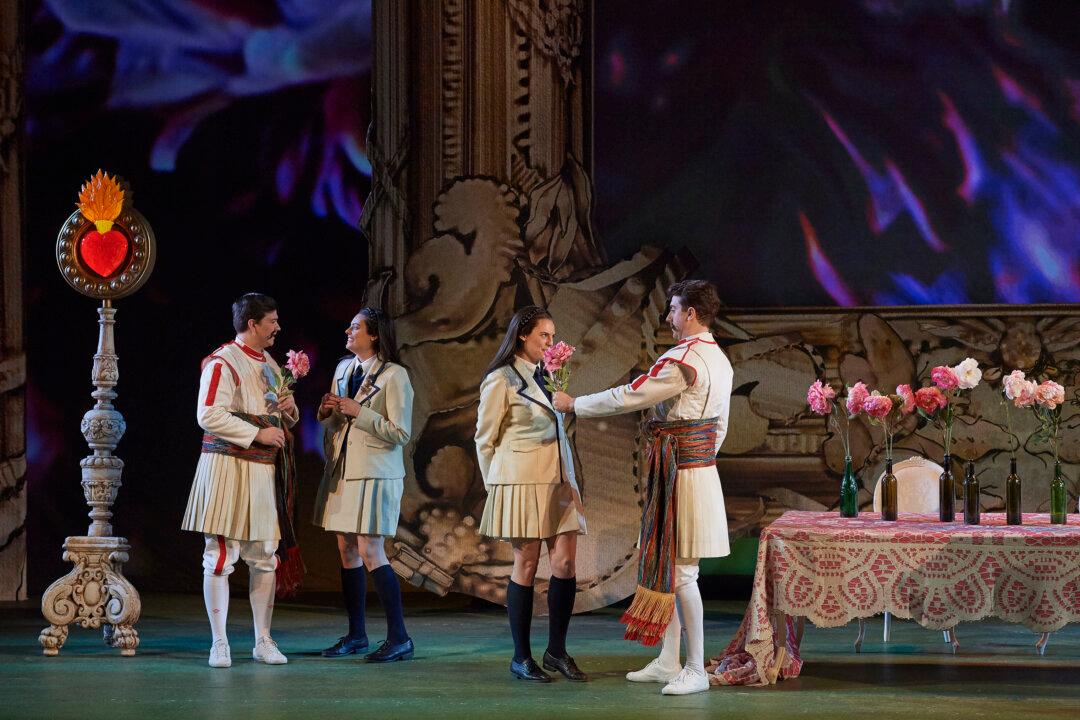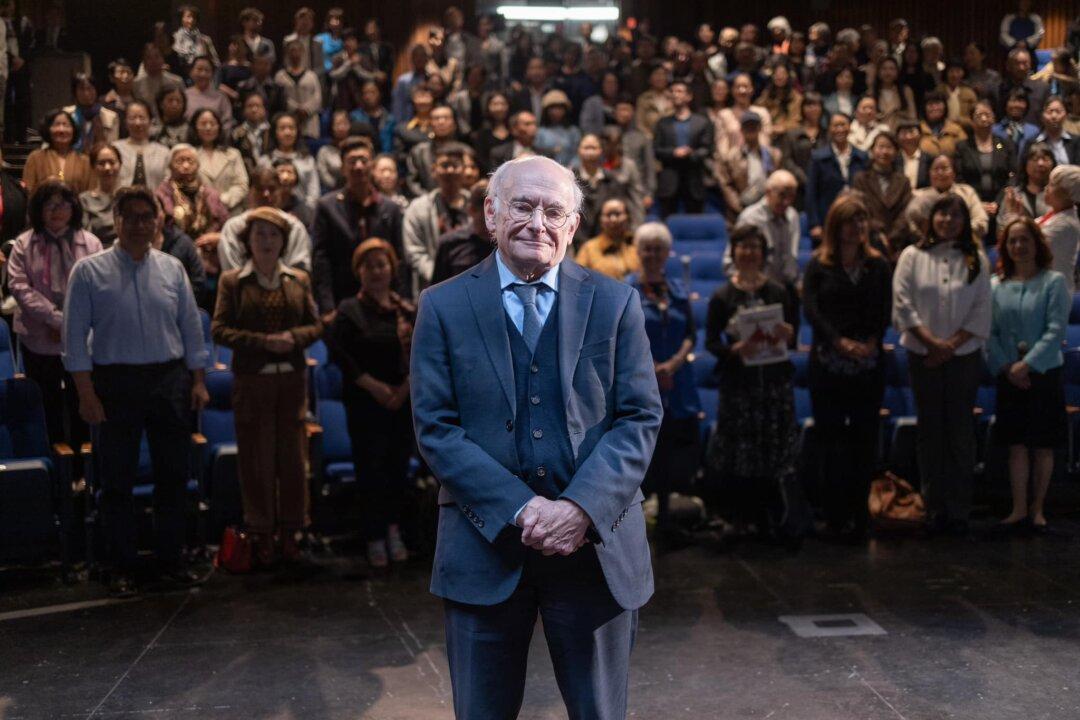TORONTO–Internationally renowned Canadian soprano Tracy Dahl is back in Toronto this winter in the Canadian Opera Company’s (COC) production of Mozart’s “Così fan tutte.”
The Winnipeg-based singer is reviving her role of the maid Despina whom she last performed with the COC in 2014, but Despina is not a person Dahl would necessarily trust. “I would not want her giving advice to my children,” she says.





